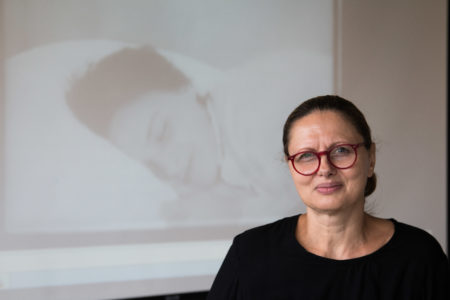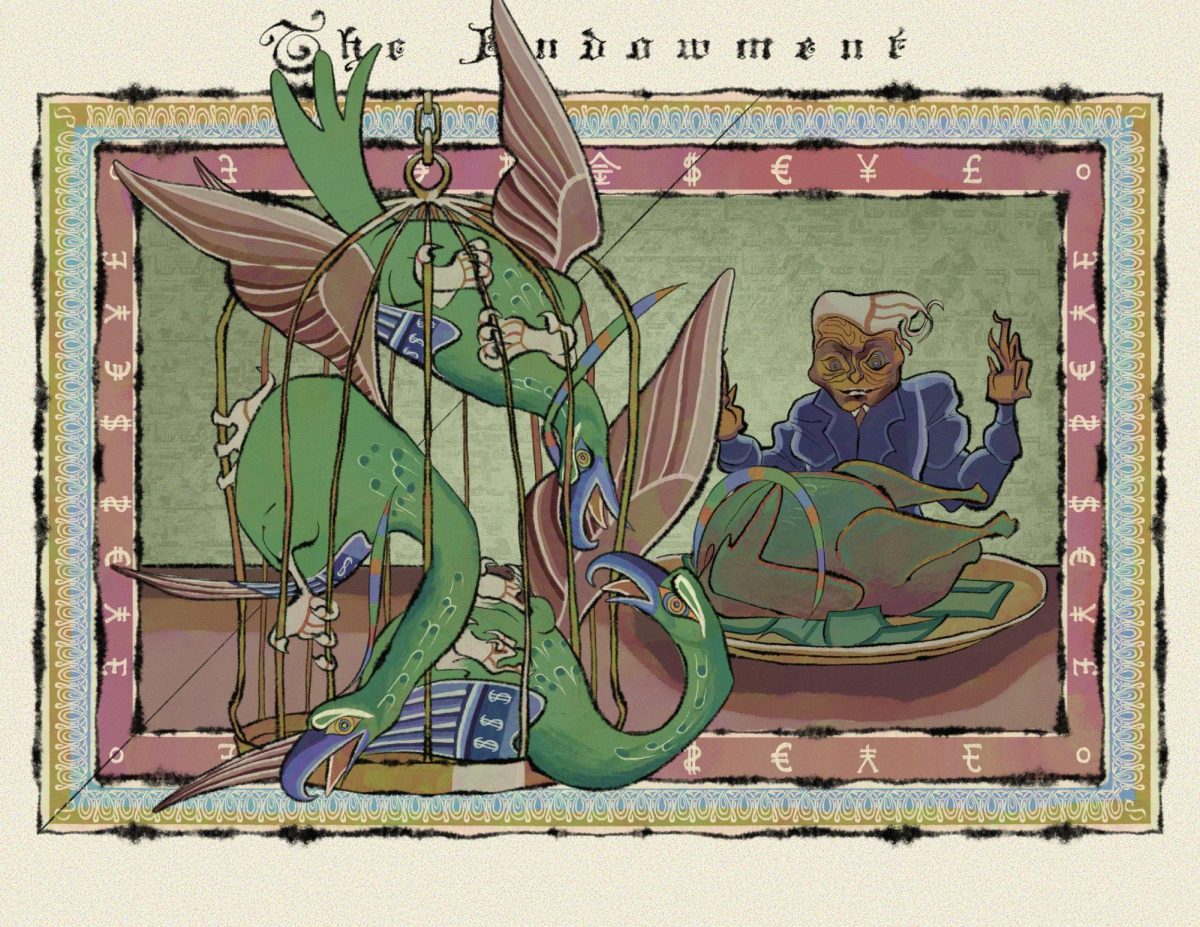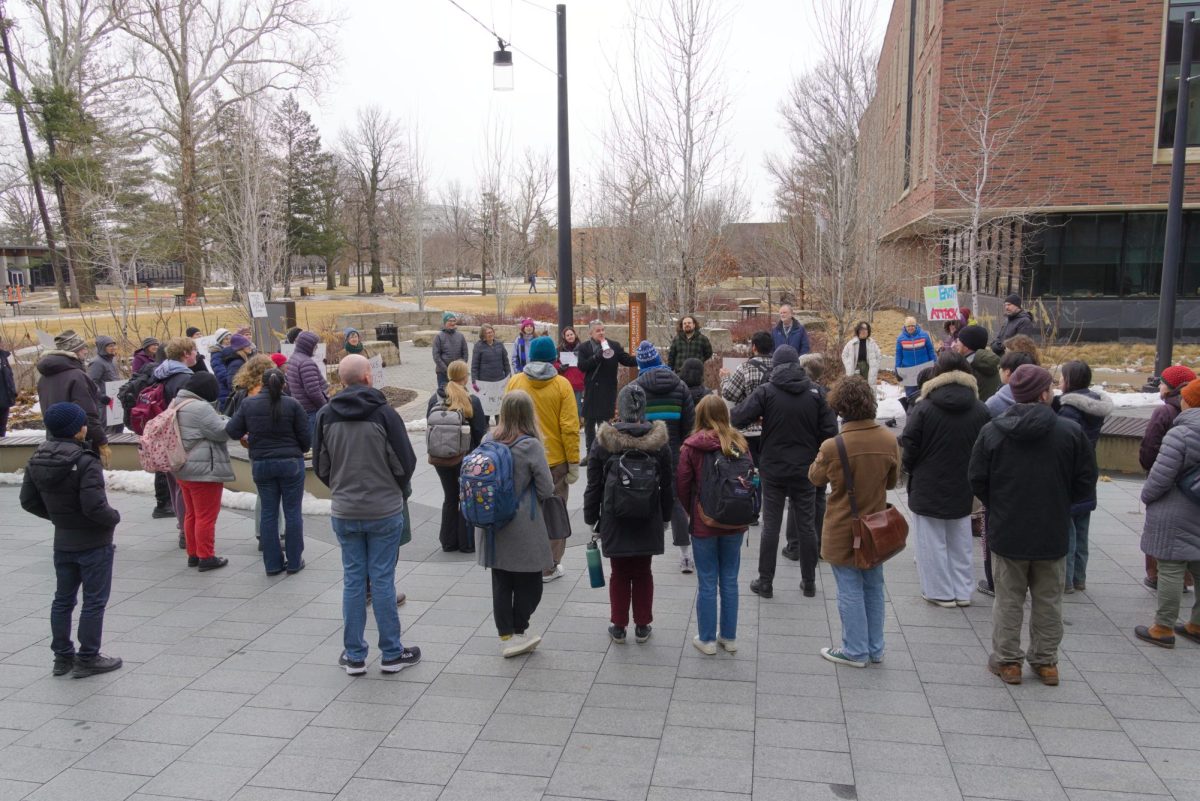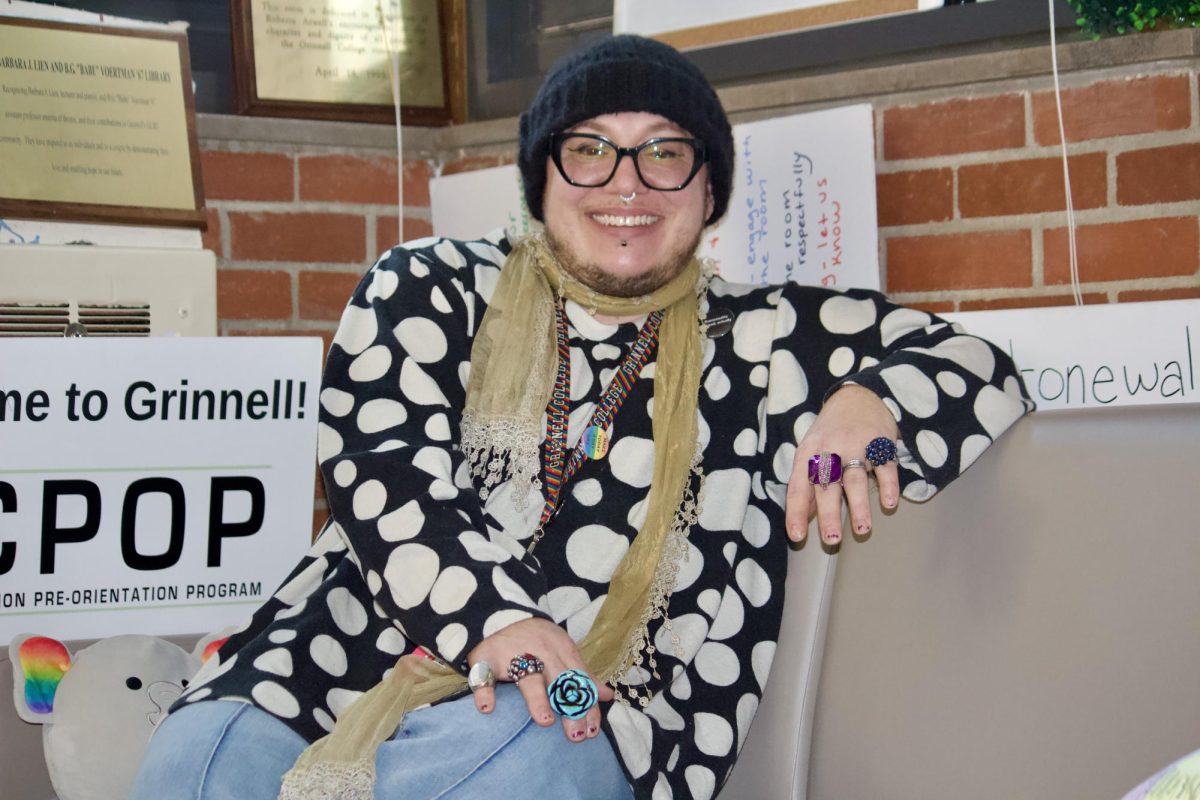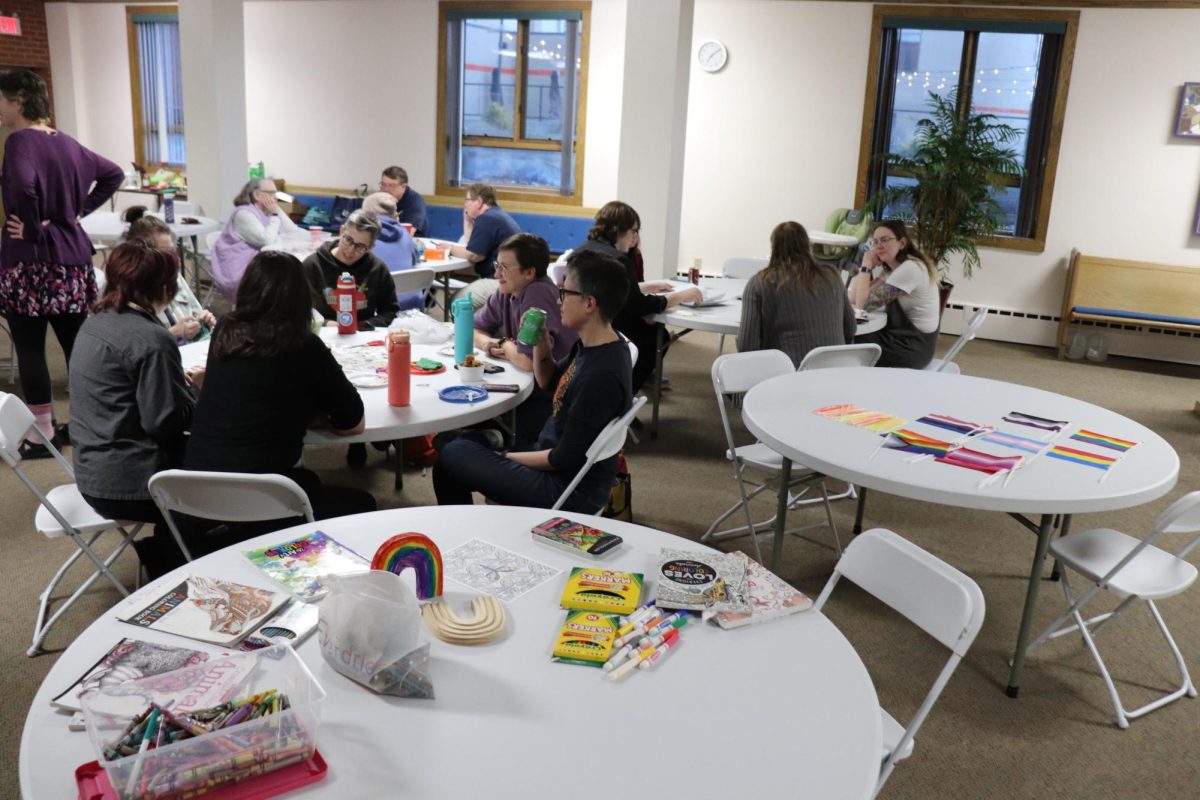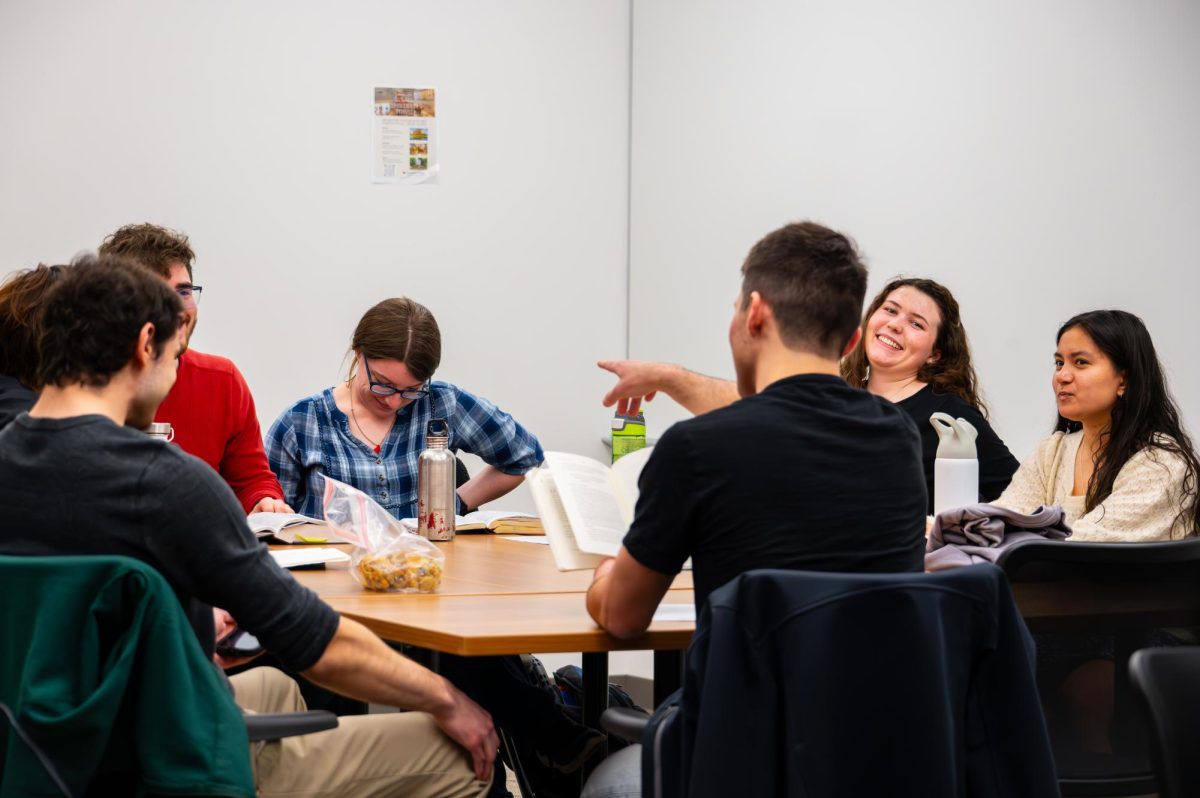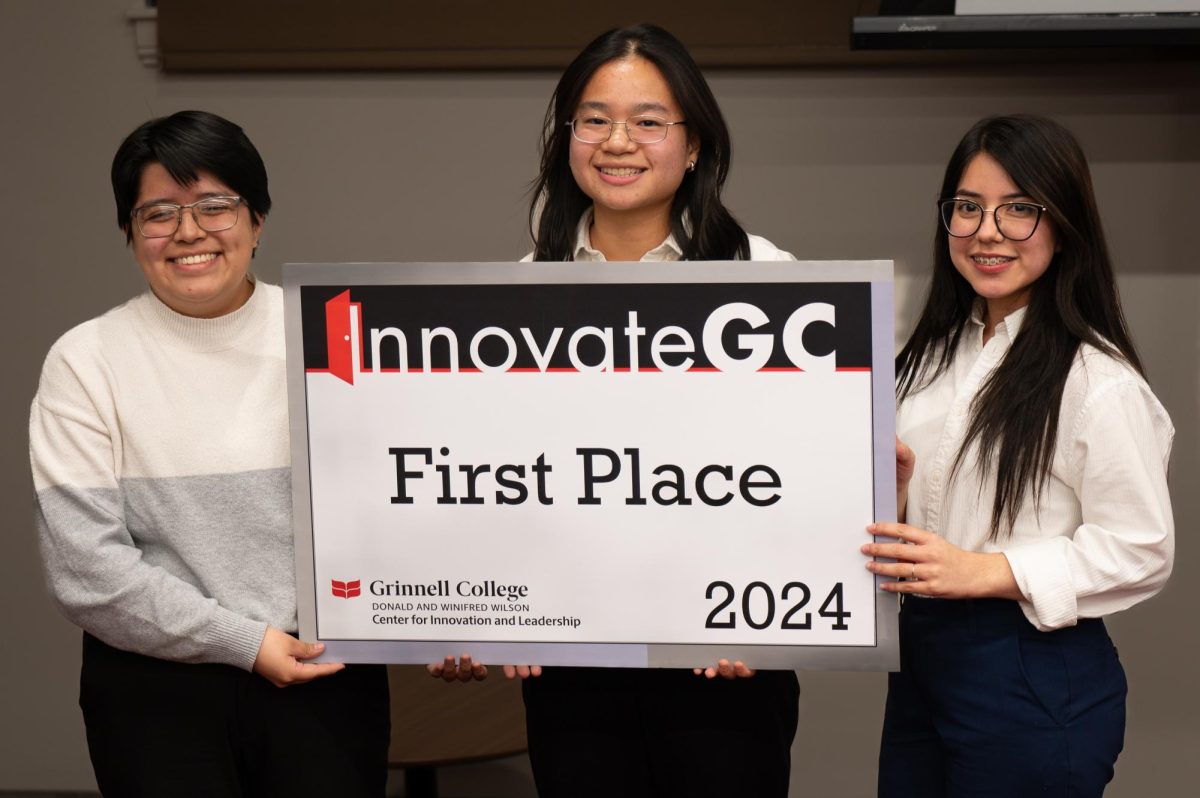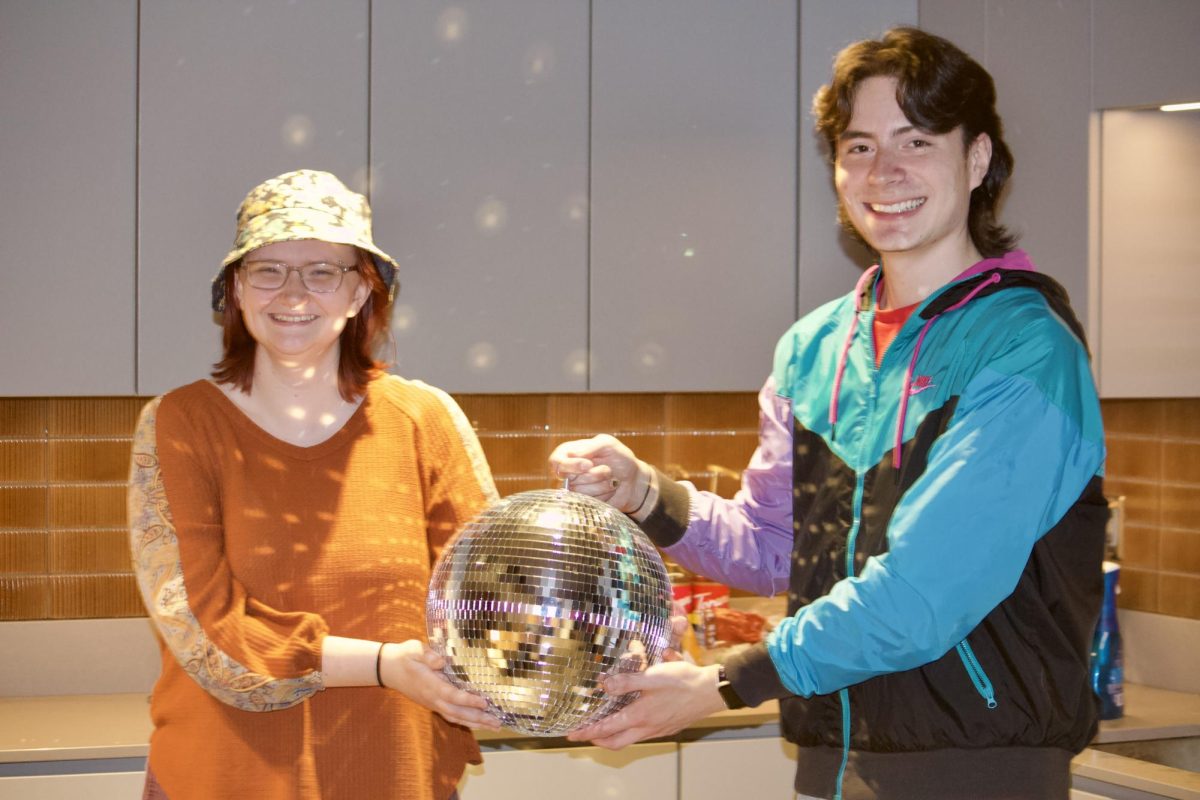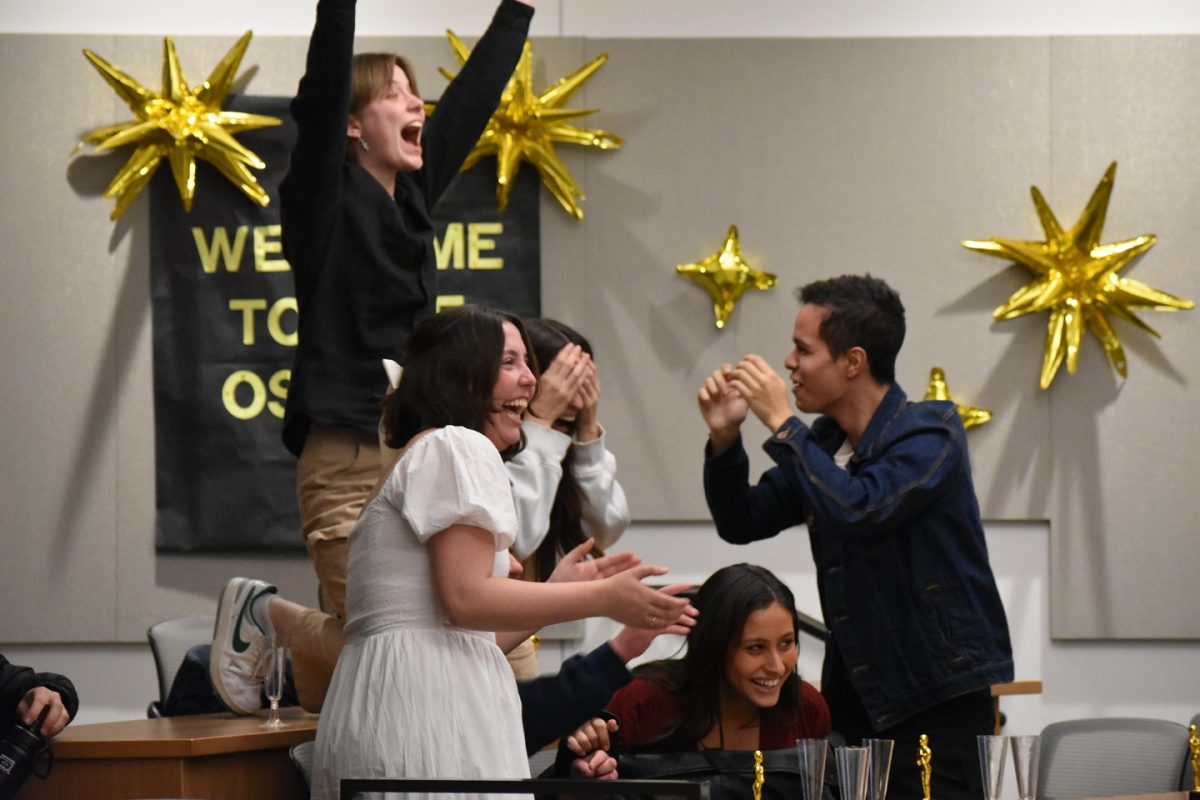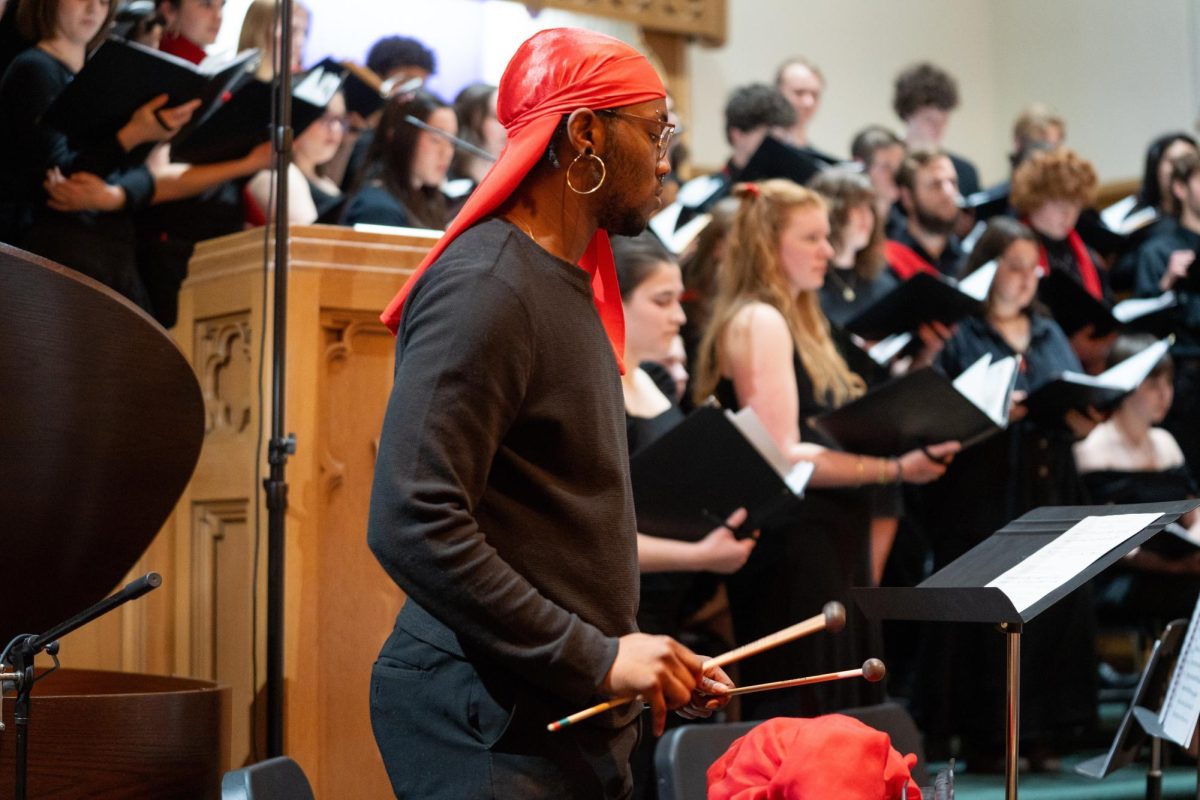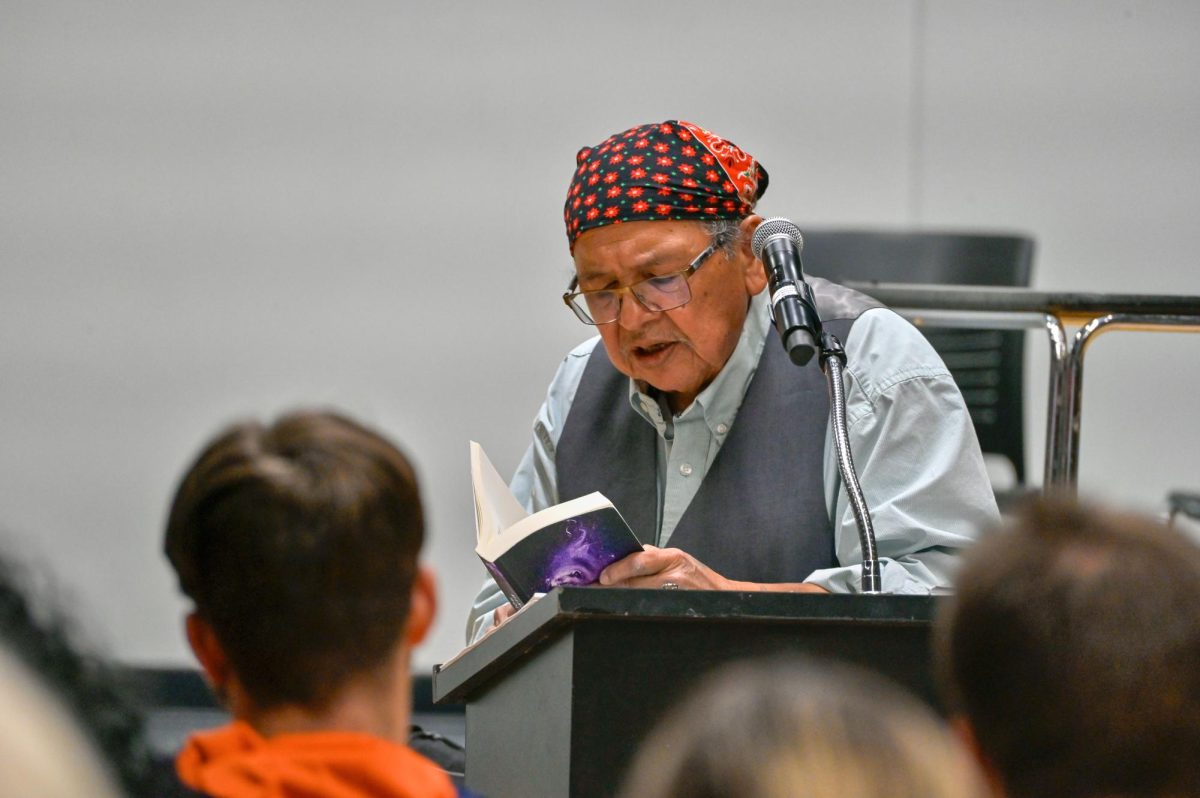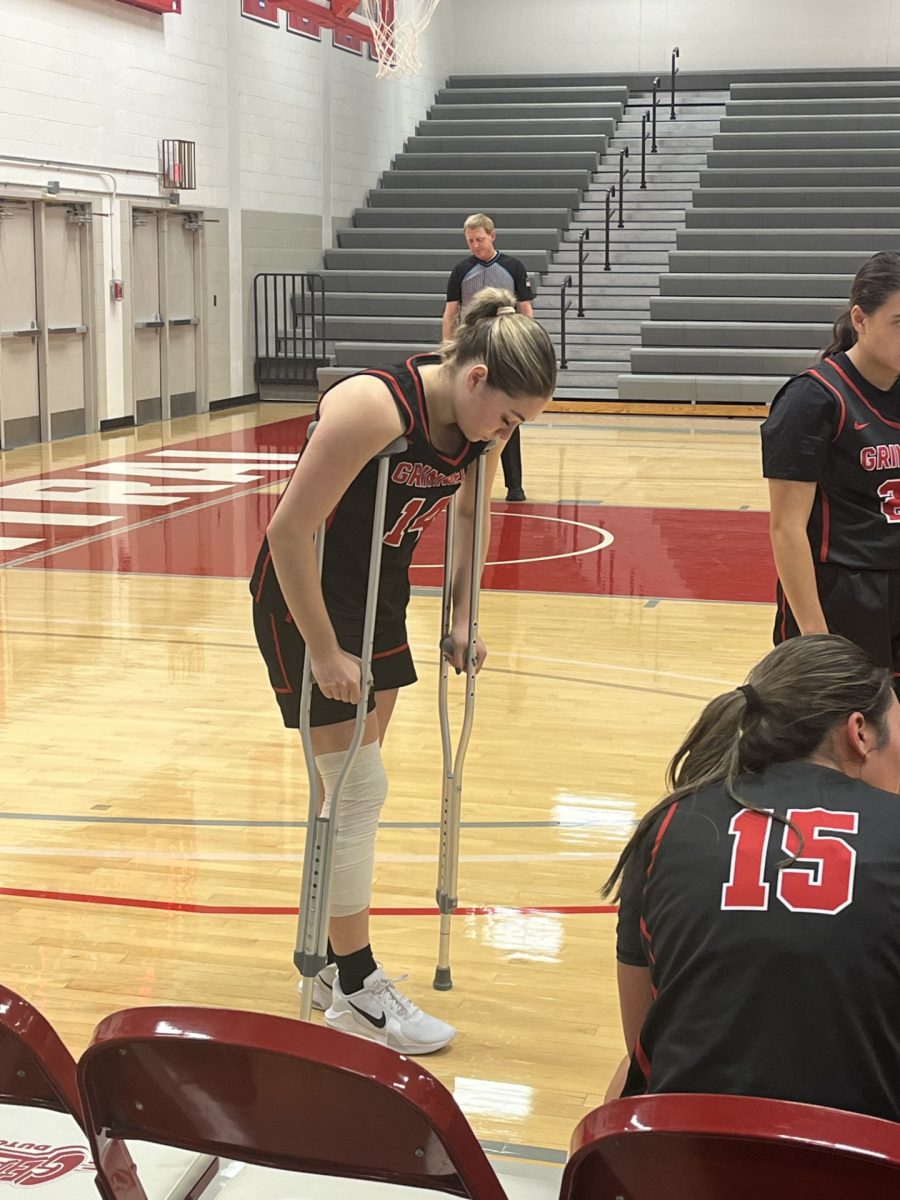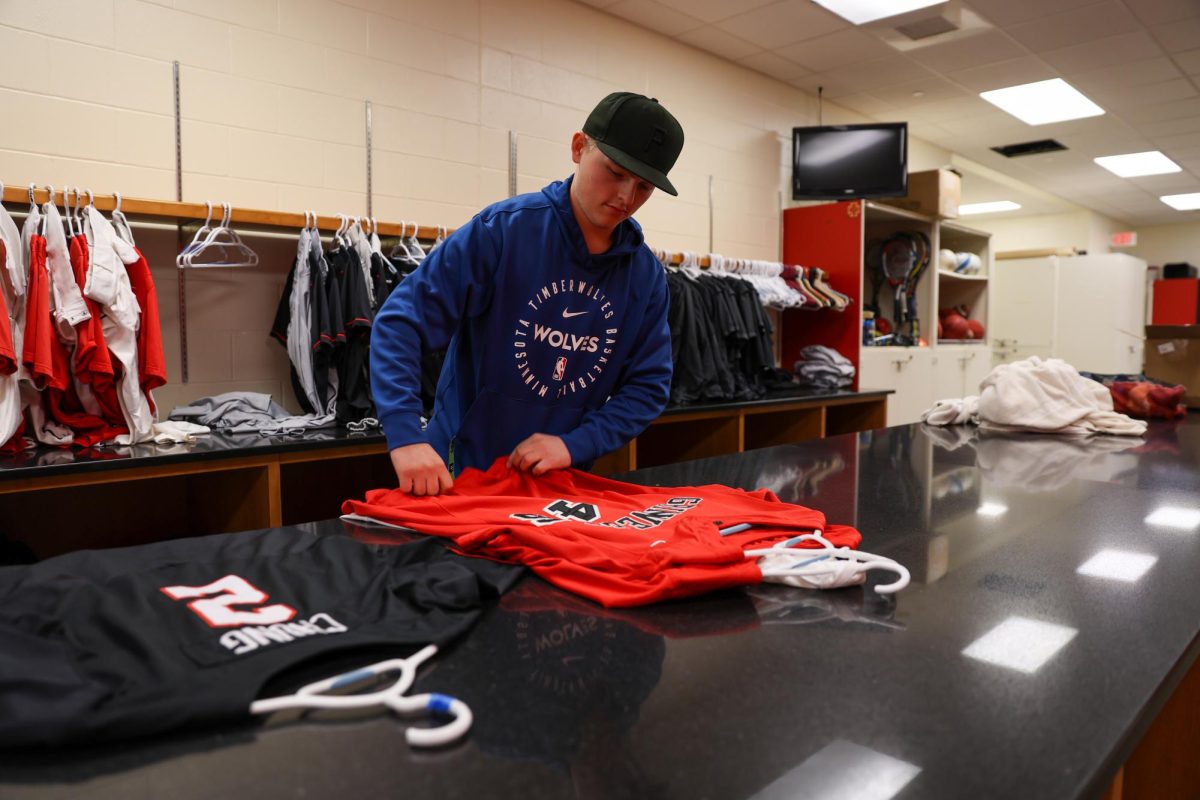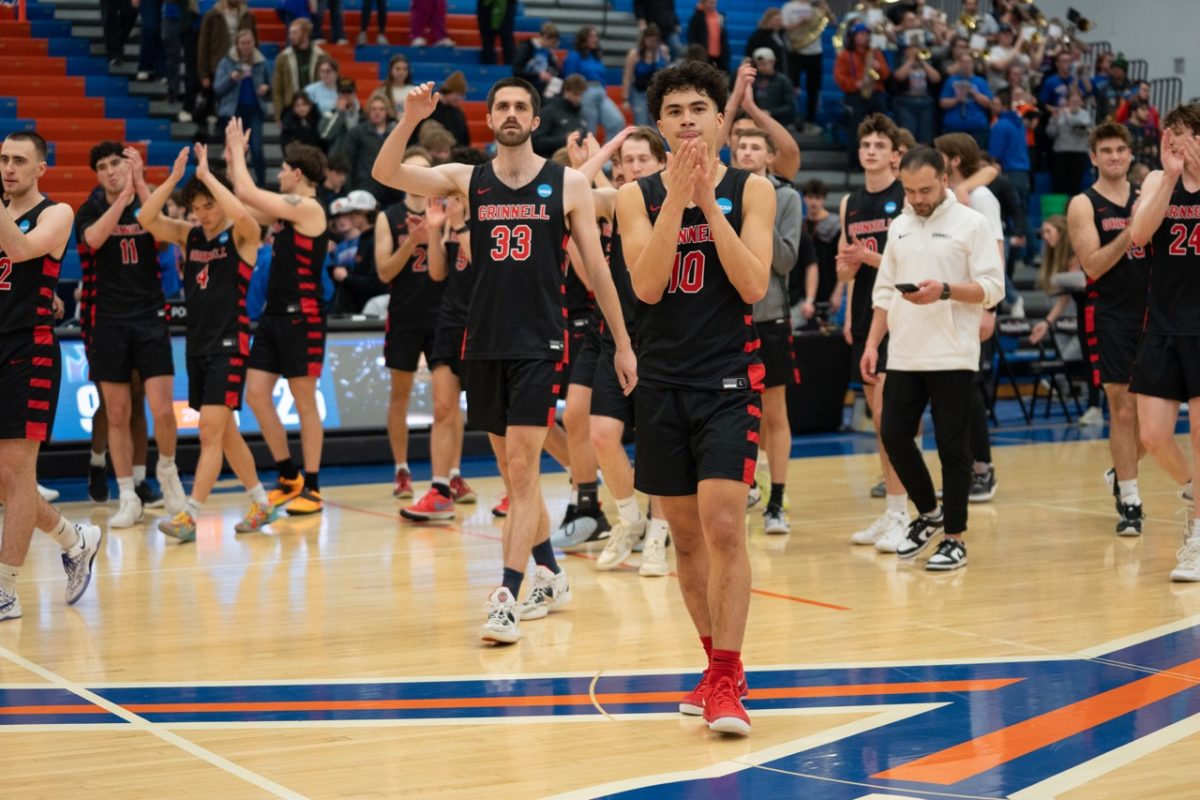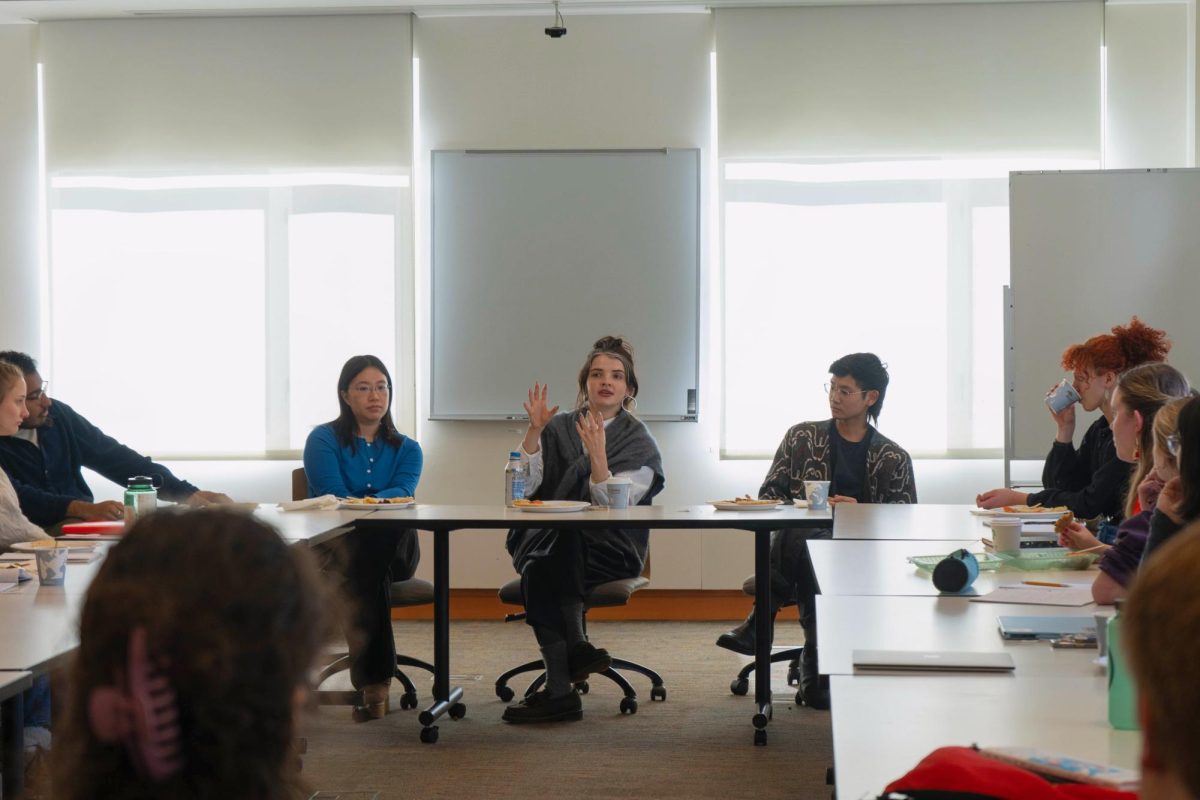By Amanda Weber
weberama@grinnell
This semester, the Grinnell College Russian department is running a course on the history of Russian film. The course is being co-taught by Department Chair Professor Todd Armstrong and Visiting Professor Galina Aksenova.
Aksenova is a Russian film historian, theater critic and teacher. This is not her first time at Grinnell, as she was first invited to teach at the College twenty years ago and has returned sporadically since then to teach various courses. Her favorite course to teach has always been Russian film.
Aksenova has directed several documentaries in the past about various actors or writers, including Alexander Dovzhenko, a prominent Russian director whose work is featured in the course. She attended the Leningrad State Institute of Theater, Music and Cinema, and has been passionate about film for many years.
“I think it’s very important to teach film because film is an easy way to manipulate our perception of information. That’s why I try to teach not only the history of Russian film but also to teach students how to see film, how to perceive the visual information that came to us from the screen,” Aksenova said.
Indeed, while Aksenova plans to deliver on her promise to teach students about the history of Russian film, she also has several other objectives. These include everything from helping students to fall in love with the silent film — an art form, said Aksenova, that has fallen by the wayside for contemporary viewers but remains as vital to the history of film as ever — to teaching students about Russian culture or giving them the ability to be able to analytically view films and news. According to Aksenova, the relationship between rational viewing of film and news is particularly relevant to students in today’s media-dominated climate.
“I have a dream to teach [my students] … how to trust or not trust news,” Aksenova said. “When we deal with film and when we deal with news, we always deal with some kind of falsification of reality.”
In regard to the specific lesson plan, the course studies Russian films from all directors, genres and eras — including but not limited to noir films, silent films and classic films from directors such as Eisenstein and Tarkovsky. In doing so, Aksenova hopes for students to gain a better understanding of not just the films themselves, but the culture that created them.
“When we study national film, we also study national history, national characters and national relations,” Aksenova said. “It’s very important, I think, today when we have a very politicized world.”
According to Aksenova, it can be particularly valuable when lessons are taught by professors from other countries and with different backgrounds, as it adds another distinct layer to students’ educational experiences.
“I think it’s very important to have people from different countries with different experiences —even with different mistakes in language — because it helps people to be more open to differences,” Aksenova said.
Askenova is most looking forward to the engaged nature of Grinnell students in the classroom that she has experienced each time she returns to the campus.
“I like Grinnell students — they are very, very motivated. It’s really exciting to see the development of their knowledge. You understand that you work not in vain, that your work has some reason when you see that people learn.”
